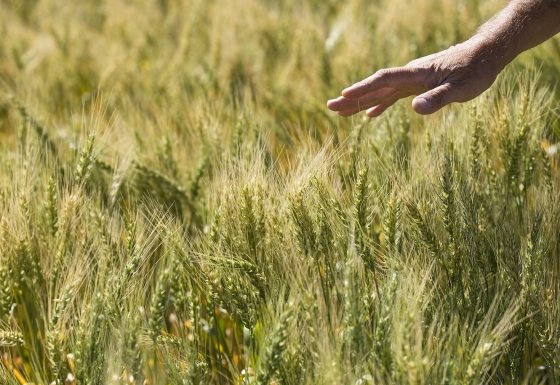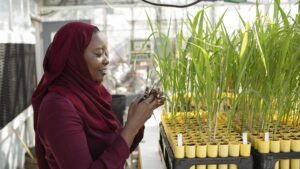Crop technologies developed thanks to partnership with CGIAR centers worldwide have been adopted into 546 million acres, according to a report in World Development scheduled for publication in April 2024.
CGIAR is the world’s largest global agricultural innovation network. It aims to achieve a world free of poverty, hunger and environmental degradation via ag research. Its international network of agricultural research centres, working primarily in developing countries, achieved the following notable highlights between 1961 and 2020, according to the World Development report:
- Adoption of CGIAR’s crop technologies resulted in economic benefits estimated at US$47 billion per year.
- In the 2010s, technology adoption and welfare impacts related to CGIAR’s technologies were increasing by about $600 million annually.
- The cumulative economic impact of CGIAR-related crop research oversix decades (1961–2020) is estimated to be $1,334 billion (in constant 2015 PPP$).
- 92 countries have adopted crop technologies developed or supported by CGIAR.
- In addition to delivering enhanced crop varieties, CGIAR’s research efforts over the past 60 years have contributed notable gains in the management of crop pests and natural resources.
CGIAR’s research focused in early years primarily on cereals — specifically rice and wheat — and particularly on Asia. More recently, it has expanded its efforts into additional crops, notably roots, tubers and grain legumes, and expanded its geographic impact into many more developing countries. Some of CGIAR’s biggest research efforts have focused on cassava and maize in Sub-Saharan Africa. Of all the countries impacted by CGIAR’s efforts, India, China and Nigeria have gained most overall ag economic benefit.
“In addition to raising farm income, productivity gains in staple crops have lowered food prices, thereby benefitting the whole population,” said authors Keith Fuglie, an economist with the U.S. Department of Agriculture, Economic Research Service, and Ruben Echeverria, a senior advisor for agricultural development at the Bill & Melinda Gates Foundation, in the report. “This is a key reason why agricultural productivity growth, and food crop productivity growth in particular, has had greater impacts on poverty reduction in low-income countries than comparable productivity growth in other sectors.”
They went on to say: “Although in this paper we do not attempt a benefit-cost analysis of CGIAR research, it is evident that economic returns to crop improvement research have been high.”For more information about CGIAR’s efforts, visit here













